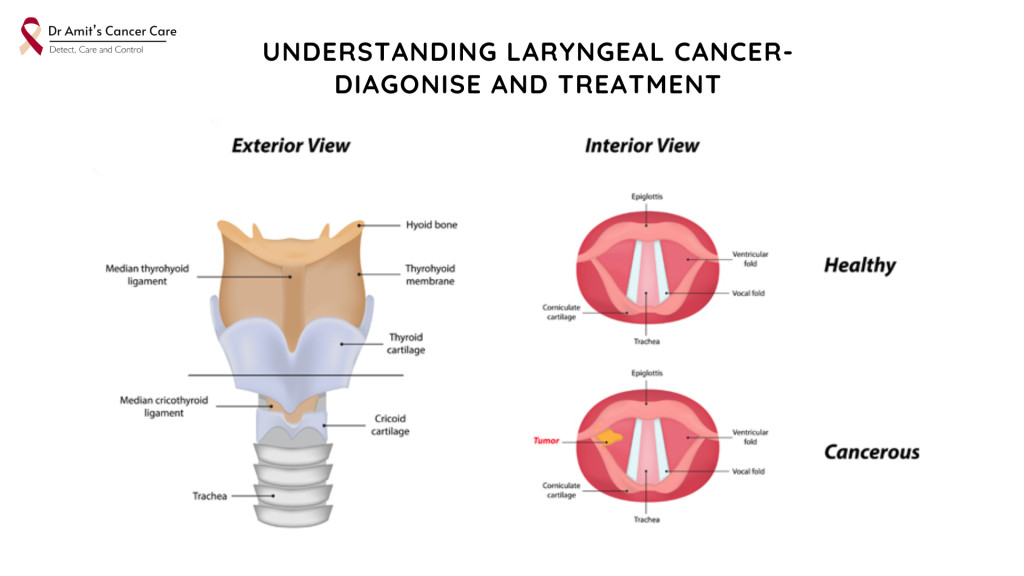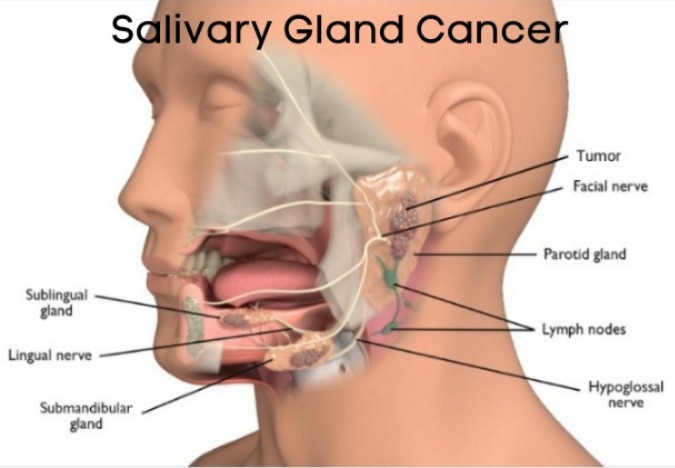Laryngeal cancer, a malignancy affecting the larynx or voice box, poses significant challenges in diagnosis and treatment. Understanding how surgeons diagnose and treat this condition is crucial for patients and healthcare providers alike. This blog delves into the diagnostic process, treatment options, and the multidisciplinary approach essential for managing laryngeal cancer.
Understanding Laryngeal Cancer
Laryngeal cancer primarily arises from the squamous cells lining the larynx, which is responsible for voice production and plays a vital role in breathing and swallowing. The disease can manifest in three main parts of the larynx: the supraglottis, glottis, and subglottis. Symptoms often include persistent hoarseness, a sore throat, difficulty swallowing, and unexplained weight loss. These symptoms can easily be mistaken for less severe conditions, making early diagnosis challenging.
Risk Factors
Several risk factors contribute to the likelihood of developing laryngeal cancer. Tobacco use, excessive alcohol consumption, and certain strains of the human papillomavirus (HPV) are significant contributors. Men over the age of 60 are at a higher risk, with the disease being four times more common in men than women.
Diagnostic Process
Diagnosing laryngeal cancer involves a comprehensive approach, starting with a detailed medical history and physical examination. Healthcare providers will assess symptoms and perform a thorough examination of the throat and neck. If laryngeal cancer is suspected, several diagnostic tests may be conducted:
Laryngoscopy: A procedure where a thin, flexible tube with a camera is inserted through the nose or mouth to visualize the larynx.
Biopsy: During laryngoscopy, a biopsy may be performed to collect tissue samples for laboratory analysis, confirming the presence of cancerous cells.
Imaging Tests: CT scans, MRIs, or PET scans may be utilized to determine the extent of the cancer and to check for metastasis to nearby lymph nodes or other organs.
Staging
Once diagnosed, laryngeal cancer is staged to assess its severity and guide treatment options. Staging involves determining the size of the tumor, whether it has invaded surrounding tissues, and if it has spread to lymph nodes or distant organs. The staging system ranges from Stage I (localized) to Stage IV (advanced) and significantly impacts prognosis and treatment decisions.






